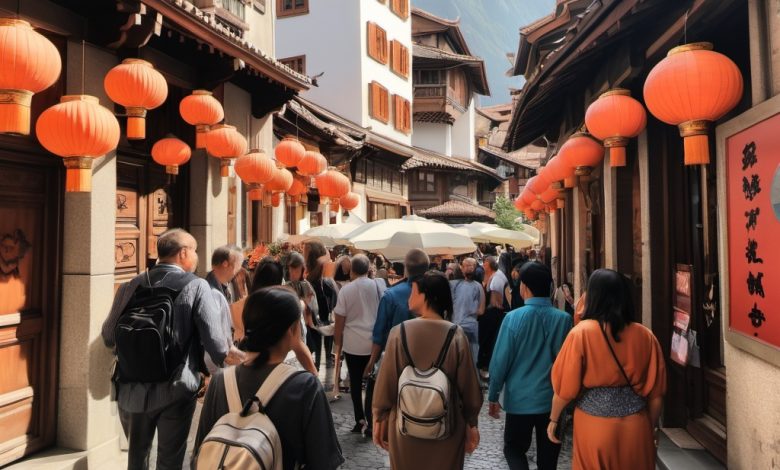
Navigating Cultural Adaptation: Thriving Abroad and Overcoming Culture Shock
Moving to a new country is an exciting adventure, filled with opportunities for personal and professional growth. However, it also presents challenges, especially when adapting to a new culture. Understanding how to blend into your new environment while preserving your identity can lead to a more enriching experience. Here’s how you can smoothly adapt to a new culture and conquer the inevitable culture shock.
How to Adapt to a New Culture When Moving Abroad
1. Embrace Openness and Curiosity
Approach your new home with an open mind and a willingness to learn. Curiosity will help you explore local customs, traditions, and social norms. Attend cultural events, try local foods, and engage with the community to gain a deeper understanding of the culture.
2. Learn the Language
Communication is the key to understanding any culture. Learning the local language can significantly enhance your ability to interact with locals and ease daily activities. Even basic language skills can make a big difference and demonstrate respect for your host culture.
3. Build a Support Network
Connect with other expatriates and locals to create a network of support. Join clubs, attend social gatherings, or participate in community events to meet new people. Such networks provide friendship and practical advice to help you navigate your new environment.
4. Practice Cultural Sensitivity
Be respectful and mindful of cultural differences. Observing local customs and adhering to cultural practices show respect and help you avoid misunderstandings. Take cues from locals and be patient as you adjust to new social norms and behaviors.
5. Stay Informed
Keep yourself informed about the country’s history, politics, and current events. Understanding these aspects can provide context for cultural attitudes and behaviors, enhancing your experience and interactions.
Overcoming Culture Shock: Tips and Strategies
1. Recognize the Stages of Culture Shock
Culture shock often follows several stages: the initial excitement or “honeymoon” phase, the frustration and homesickness or “negotiation” phase, the adjustment phase, and finally, the adaptation phase. Recognizing these stages can help you understand your emotions and responses.
2. Maintain a Routine
Establishing a routine can provide a sense of normalcy and control in a new environment. Maintain hobbies, exercise regularly, and create a comfortable living space to make the transition smoother.
3. Stay Connected to Home
Keeping in touch with family and friends via video calls, social media, or email can provide comfort and support. Sharing your experiences and listening to familiar voices can help ease feelings of loneliness or isolation.
4. Reflect and Be Patient
Give yourself time to adjust and reflect on your experiences. Cultivating patience and self-compassion is essential as adapting to a new culture can be challenging and overwhelming.
5. Seek Professional Help if Needed
If feelings of anxiety, depression, or isolation persist, consider seeking help from a counselor or mental health professional. Many expatriates face similar challenges, and seeking support can be an important step in managing your mental well-being.
6. Celebrate Small Wins
Acknowledge and celebrate your progress in adapting to the new culture, whether it’s successfully ordering food in the local language or making a new friend. These small victories can boost your confidence and morale.
Final Thoughts
Moving abroad is a transformative experience that comes with both challenges and rewards. By embracing the new culture, building a robust support network, and recognizing the stages of culture shock, you can create a fulfilling life in your new home. Remember, adaptation takes time, and every small step takes you closer to thriving in your new environment.
With these strategies, you can successfully navigate cultural adaptation and make the most of your international experience. Enjoy your journey!





